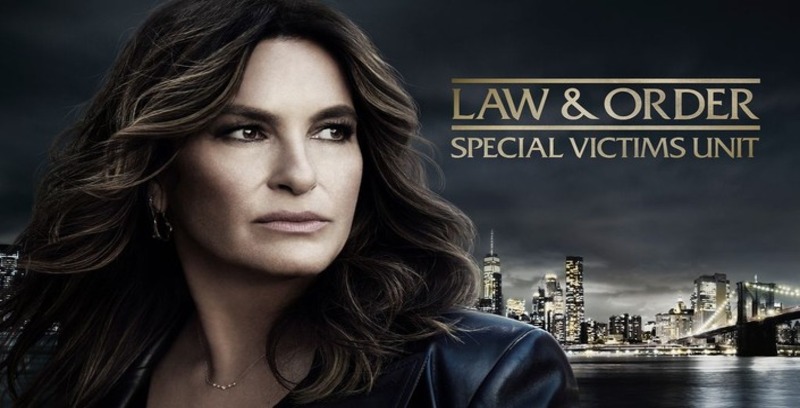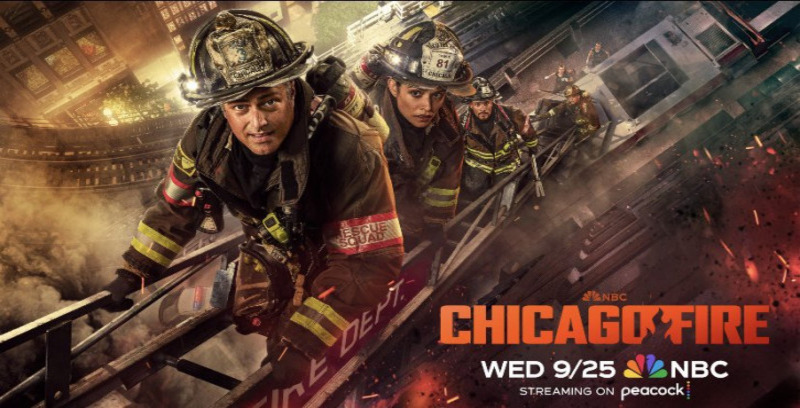FAWCETT: It’s interesting because when we talked about this season in broad strokes, we knew that we were going to be using flashbacks. It was going to be Sarah at the forefront of the last two episodes, and especially important in the finale. I also said to Graeme when we killed Mrs. S at the end of episode 8, I said, “Oh, for the love of God, there is no possible way that I can make a finale for Orphan Black and not have Maria Doyle Kennedy in the episode.” She’s got to be on set. She’s got to be there for the finale. So we went, okay, well, let’s use her! Let’s have flashbacks with Sarah and Mrs. S and use that as strongly as we can to support Sarah’s journey here. So when it came to designing the birth sequence, Graeme had this beautiful idea to crosscut these two births, and so that’s sort of how it was born.
The technical aspects of doing it were a completely different thing, but I’m so glad that you found it as moving as I did. I mean, in the end, it’s an extraordinary bit of emotional Orphan Blackness. After I shot it, I was like, “Wow, I’ve never seen that on TV before.”
FAWCETT: It certainly is. I think that to Graham and I, the imagery and the ideas that come from the concept of Delphine and Cosima out in the world journeying to find these 274 Ledas is certainly ripe, there’s no question. We’ve talked since the beginning of wanting to do some kind of feature or some kind of two-hour continuation of the series.
I don’t think any of us knew what it was going to be when it started. [Creators] John Fawcett and Graeme Manson certainly had huge ideas and details about what the season was going to look like but it kind of grew into its own thing as it evolved. Characters like Donnie opened things up. Kristian Bruun was supposed to be killed in like episode six of the first season or something. And because he was an incredible character and he’s this whole other side that the show needed in suburban drama, he survived and became one of the most important characters on the show. I don’t think any of us knew what it was going to be. I’m just up for whatever thing turns me on and makes me go, “Well, I can’t imagine how this is going to work” or, “This is such a huge risk” or whatever, because I couldn’t have predicted Orphan Black. I’m open to being surprised by whatever challenge comes and not writing anything off.
Manson: We pretty much knew that the main four would make it. Rachel was a different story and we debated long and hard about it. John was adamant that his girlfriend Rachel would have to survive and somehow be redeemed. We worked really hard at Rachel’s story and that was absolutely the right decision to keep her around too. It was a very interesting journey for that character and ultimately it says a lot about the sisterhood itself that Rachel redeems herself in this way. It’s not too saccharine. She’s not exactly accepted but she certainly redeemed herself.
Fawcett: Tonally, and it sounds silly, but we just wanted to have a happy ending. We wanted a hopeful, optimistic ending with our characters that we’ve spent so much time with. That was the driving emotional mood, was to end in a place of optimism.













